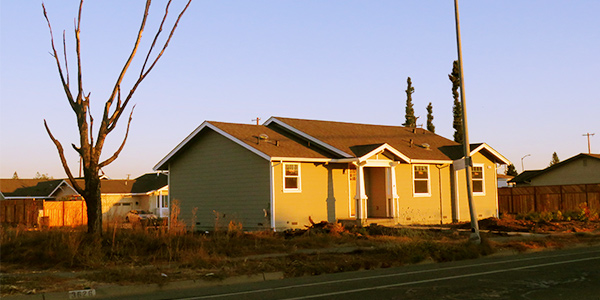By Hudson Sangree
A fight over potential payments to insurers and wildfire victims has heated up in the Pacific Gas and Electric bankruptcy case and is scheduled to be a major topic of a hearing Nov. 19 before U.S. Bankruptcy Judge Dennis Montali in San Francisco.
Wildfire victims and California Gov. Gavin Newsom have challenged PG&E’s proposed $11 billion settlement with insurance companies and hedge funds — known in the Chapter 11 case as the subrogation claimants — that are seeking reimbursement for insurance payments.
PG&E has hailed the settlement as a milestone in its bankruptcy, which was brought about by billions of dollars in wildfire liability. The utility has asked Montali to approve the agreement at the Nov. 19 hearing.
Newsom’s lawyers, however, said in a court filing Friday that the settlement “is yet another example of legal maneuvering by parties apparently more focused on securing procedural advantages for their own pecuniary interests than on reaching a fair and expeditious resolution of this bankruptcy.”
“Many of the holders of subrogation claims are sophisticated financial institutions that bought the claims at a discount after the insurers paid out claims,” it said. “Certain of those institutions [including Boston-based Baupost Group] also hold equity in PG&E and may be seeking to leverage the settlement of subrogation claims to better position those holdings.”
Newsom asked the judge to delay deciding the matter to allow a competitive process to play out between PG&E and a group of the utility’s bondholders, whose alternative Chapter 11 reorganization plan Montali admitted Oct. 9. (See Judge Admits Takeover Plan as PG&E Starts Blackouts.)
The governor said he wants to continue the closed-door mediation sessions he began with PG&E and its creditors, including wildfire victims, last week. The sessions include a retired bankruptcy judge whom Montali appointed as a mediator at PG&E’s request. (See Pressure Grows for Public Takeover of PG&E.)
The official Tort Claimants Committee (TCC), which represents fire victims, also objected to the $11 billion all-cash agreement. The settlement would lock up those funds, potentially to the detriment of fire victims, the TCC lawyers said. Insurance companies and financial speculators would be given priority, with no guarantee PG&E would have enough liquidity to pay victims’ claims, they said.
“It is time to call this settlement what it is: a mistake,” the TCC lawyers wrote. “The debtors have given away all their cash and placed the wildfire victims in a position of full risk in this case.”
In its current reorganization plan, PG&E has offered fire victims $8.4 billion in cash, but to increase its offer — as many expect will happen — the utility might have to offer a cash-stock combination, the TCC told the judge.
PG&E’s stock fell to a record low of $3.80/share Oct. 28 after it blacked out more than 2 million residents to prevent its from equipment sparking wildfires — yet it also fell under suspicion for sparking the 78,000-acre Kincade Fire in Sonoma County.
Its stock rebounded to $7.06/share at the close of trading Tuesday after several reports in the financial press that PG&E would increase its offer to fire victims to $13.5 billion, the same as bondholders proposed in their alternative reorganization term sheet.
Wildfire Liability Still to be Determined
The amount that fire victims may ultimately be owed is still in question.
PG&E and the TCC agreed Monday to extend the date for wildfire victims to file claims from Oct. 21 to Dec. 31, so that more claims may be submitted. There has yet to be an accounting of the number or amount of individual victims’ damage claims.
Proceedings to estimate the amount of PG&E’s wildfire damages are taking place before a different federal judge in San Francisco. The estimation process is a typical part of bankruptcies involving large numbers of victims.
And blame for one of the biggest fires of the past two years remains in doubt.
Investigators with the California Department of Forestry and Fire Protection (Cal Fire) determined PG&E equipment sparked the Camp Fire in November 2018. That blaze killed 86 people and destroyed more than 14,000 homes in the town of Paradise.
Cal Fire investigators also found PG&E equipment ignited 21 of the 22 wine country (also called North Bay) fires in October 2017.
They found a private landowner’s faulty wiring started the Tubbs Fire, which leveled an entire neighborhood in the city of Santa Rosa, killing 22 residents.
Victims, however, believe jurors should determine who’s to blame. A trial to decide if PG&E caused that blaze is slated to start Jan. 7. The result could add billions of dollars to PG&E’s wildfire liabilities.




